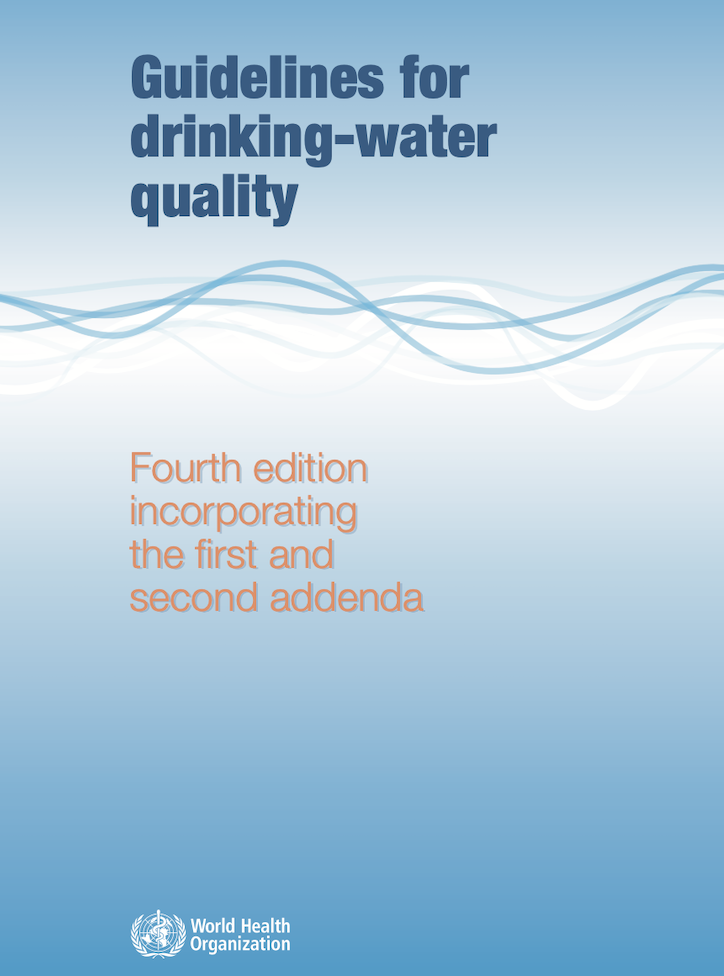
Dr. Hazim El-Naser
Chairman of the Middle East Water Forum
Former Minister of Water and Irrigation / Jordan
Former Minister of Agriculture / Jordan
Former Member of the Jordanian Parliament
Date: 8/07/2019
The Middle East Water Forum Publications
The Arab region is considered to be one of the world's poorest regions in terms of water availability and has been also described as the most likely to suffer from this crisis on a global level. Yet the Arab world is making the least planning and preparation to combat this coming crisis, especially countries with the lowest financial income and limited water resources. The situation is further exacerbated by the political turmoil and civil wars that prevail in some countries of the region. Which in turn fuels political unrest, demonstrations and protests at the national level due to lack of water, or at the regional level due to tensions resulting from shared water basins across the Middle East e.g. the Tigris and Euphrates basin (Turkey, Syria, Iraq and Iran), and the Nile River basin between Egypt and the rest of the riparian’s countries of the blue and white River basins of the Nile, as well as the Jordan River basin (Israel, Lebanon, Syria, Jordan and Palestine). The plotted data below of Figure 1 indicate the magnitude of the problem of water shortages in Iraq and Egypt over the next ten years as a result of the actions of the countries of the Upper Riparian’s countries and their impact on the continuity of supply and the resulting deficit over the coming years. Consequently, this will result in significant political and economic consequences on Iraq and Egypt unless appropriate measures are taken to protect the water rights of these two countries.
Please click here to view or download the full Article
 saddam-khleifat
saddam-khleifat
An effective and independent regulatory framework can support improving efficiency and protect both water utilities and customers. On the national level, regulatory entities can protect water utilities by proposing fair tariff to ensure cost recovery of the utility which will result improved level of service and sustainability of investments. This will be implemented under a performance monitoring scheme to ensure utilities are operated in the most efficient way.
On the sectoral level, regulator will provide a base for and improved PPPs by supporting utilities in selecting proper PPP model, preparing contracts, and setting performance targets. The regulator is a key factor to ensure risks are shared between utilities and the private sector and this will promote for an effective partnership with the private sector which will be reflected on utility operation and level of service.
 dr-hazim-el-naser
dr-hazim-el-naser
Welcome to MEWF, looking forward to your contribution
 laila-1
laila-1
I was looking for such forum since long time and finally I am happy to find such a wonderful one to share ideas and contribute. All the best for your guys, great job
Laila from USA
 omer
omer
That is great article and hope we can learn from it and try to fix such great issues.
Thank you Dr. Hazim El-Naser for writing such article. I also like your forum, it is so nice one... Congratulation.
Omer
 safaelnaser
safaelnaser
 hassan-aboelnga
hassan-aboelnga
 dr-hazim-el-naser-1
dr-hazim-el-naser-1
 dr-hazim-el-naser-1
dr-hazim-el-naser-1
 dr-fadel-alborai
dr-fadel-alborai
You are a great person and like to read all your publication.
When i see that you are the owner of this system then i know it should be nice and it is really more than nice.
I have never seen something organized and clean like this system.
I wish you all the success
Dr. Fadel
 bashar
bashar
Thank you Dr. Hazem Al-Nasser, the expert and the great teacher
 michael-dorschi
michael-dorschi
Thank you Dr. Hazim for such nice contribution.
Michael

